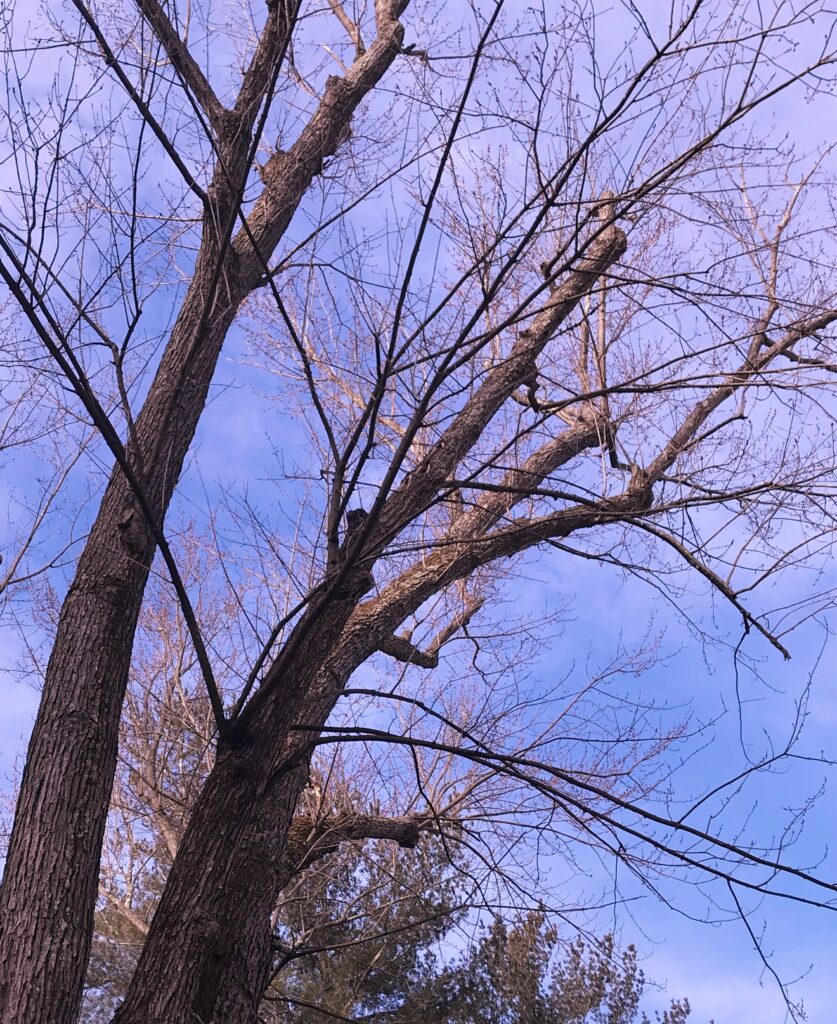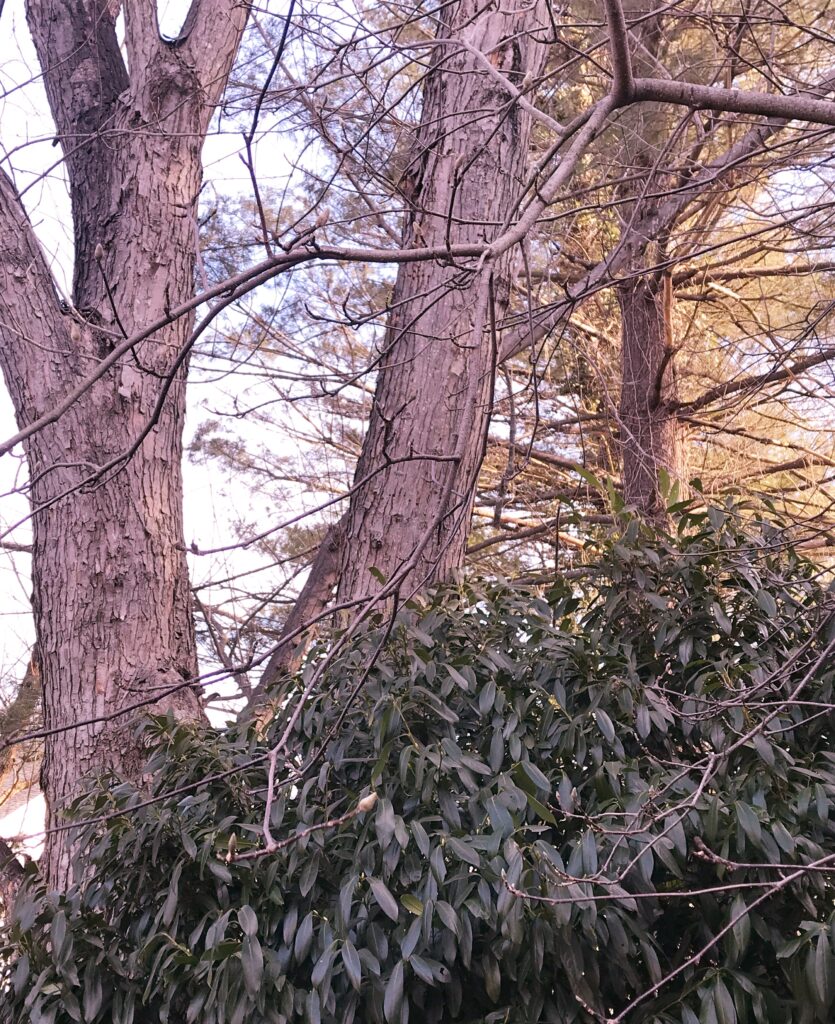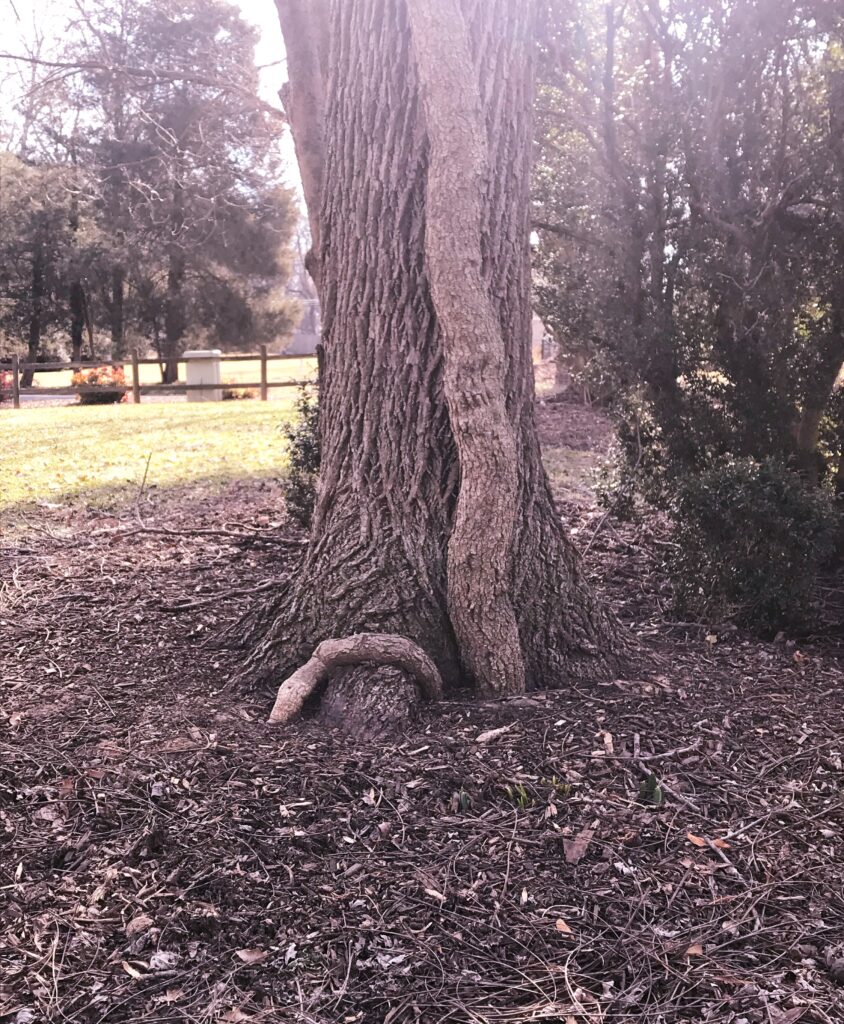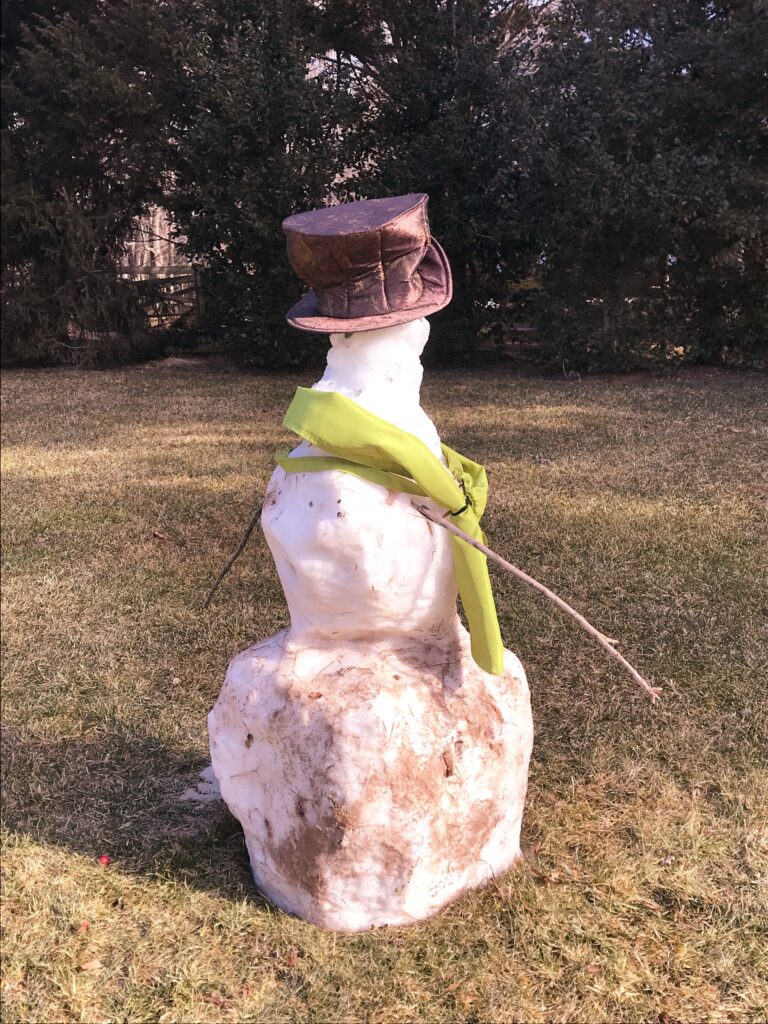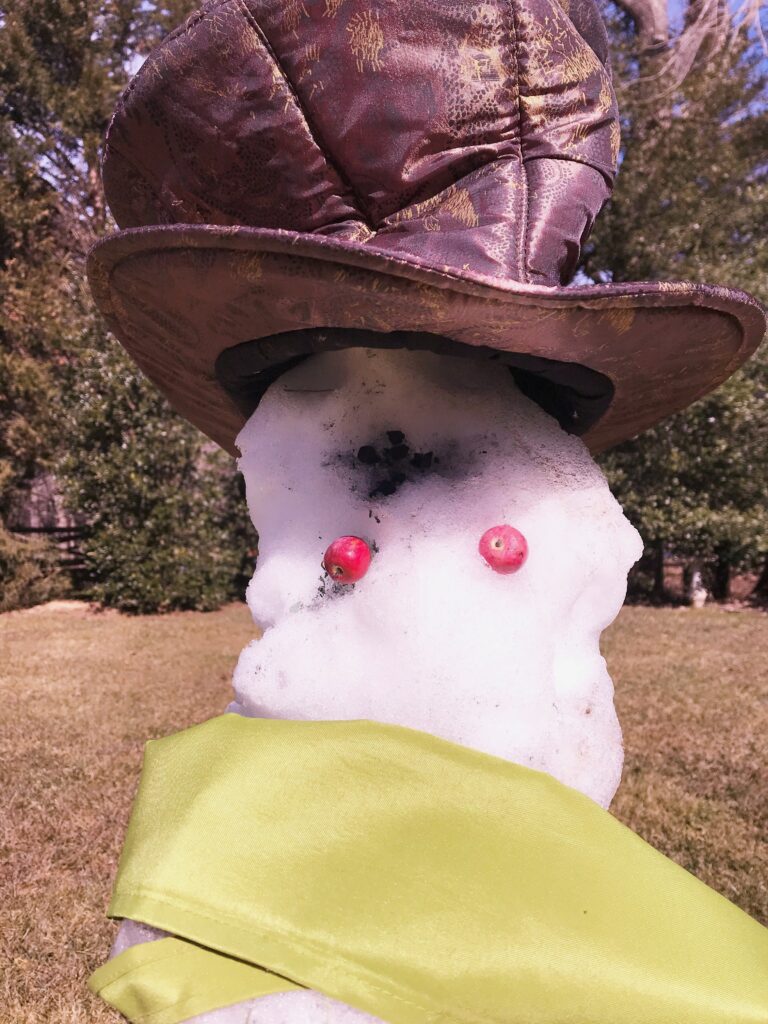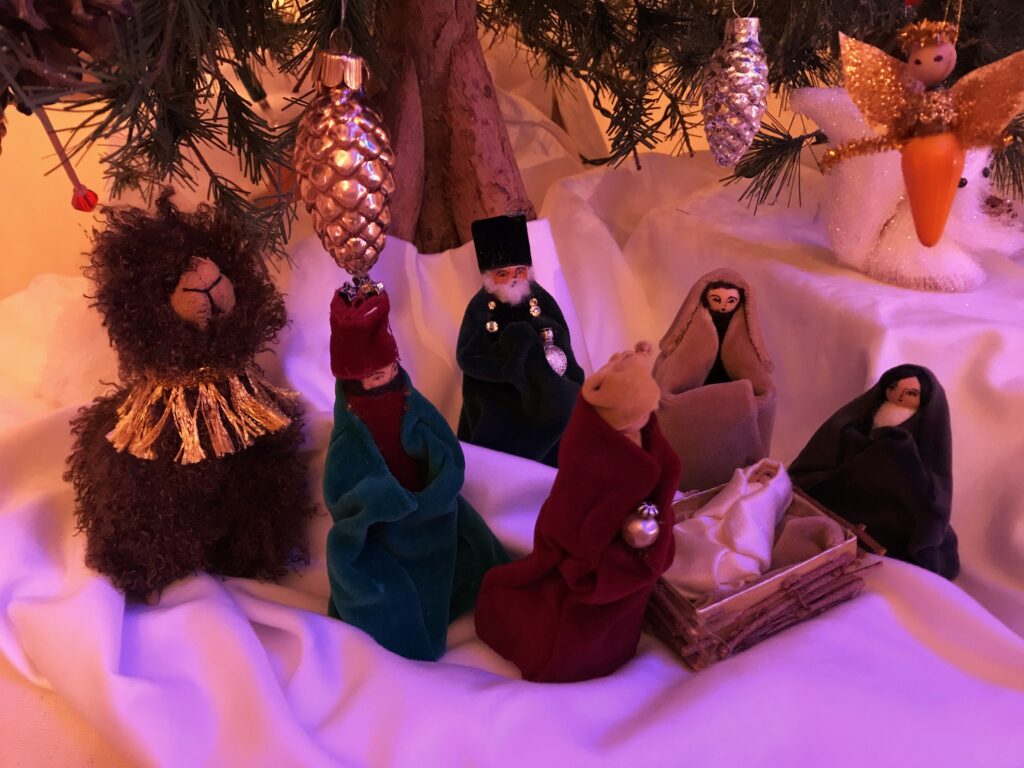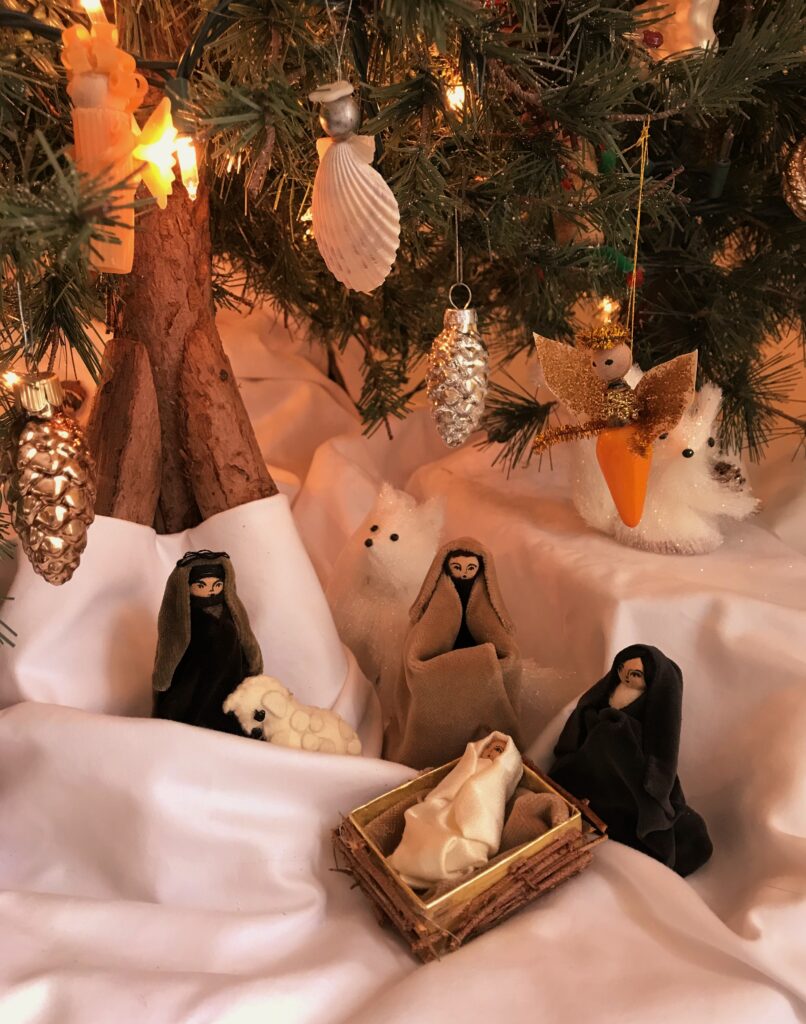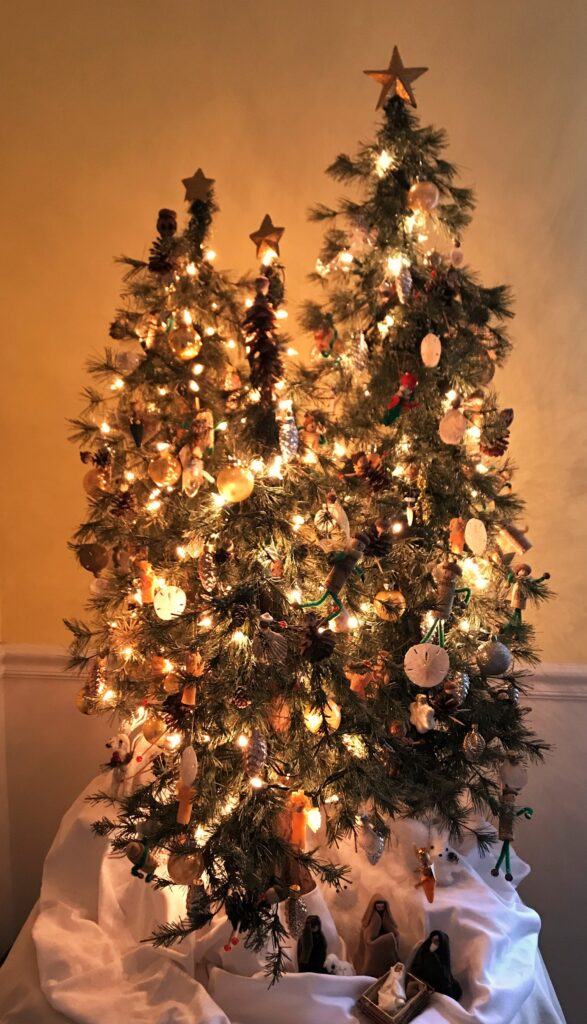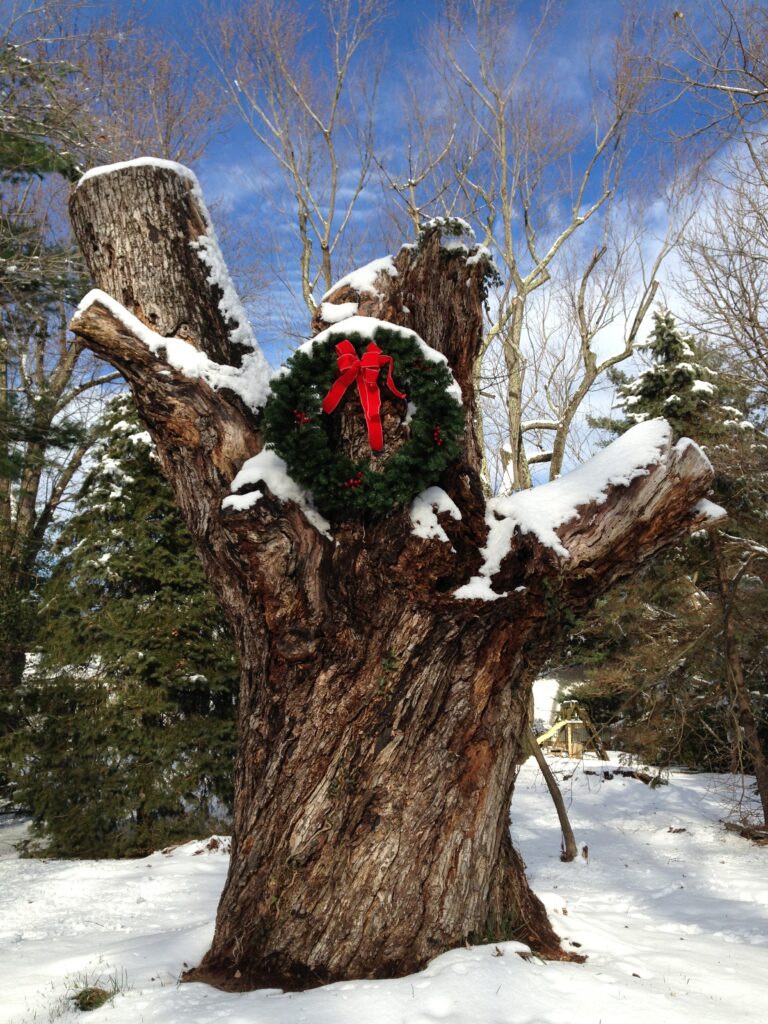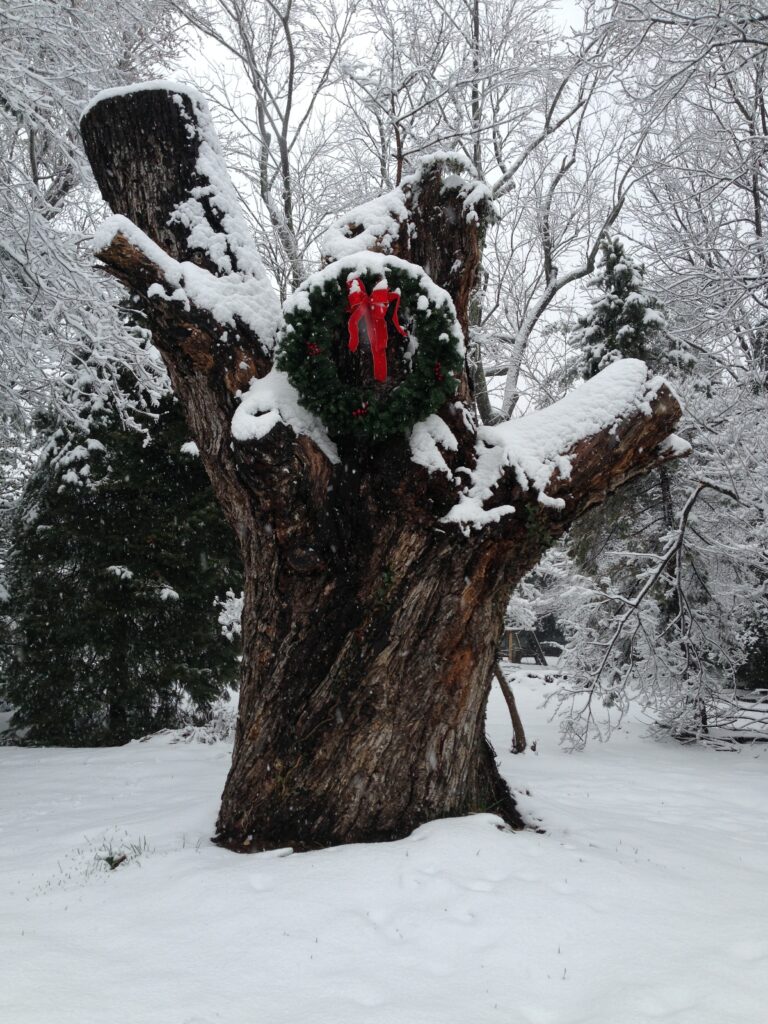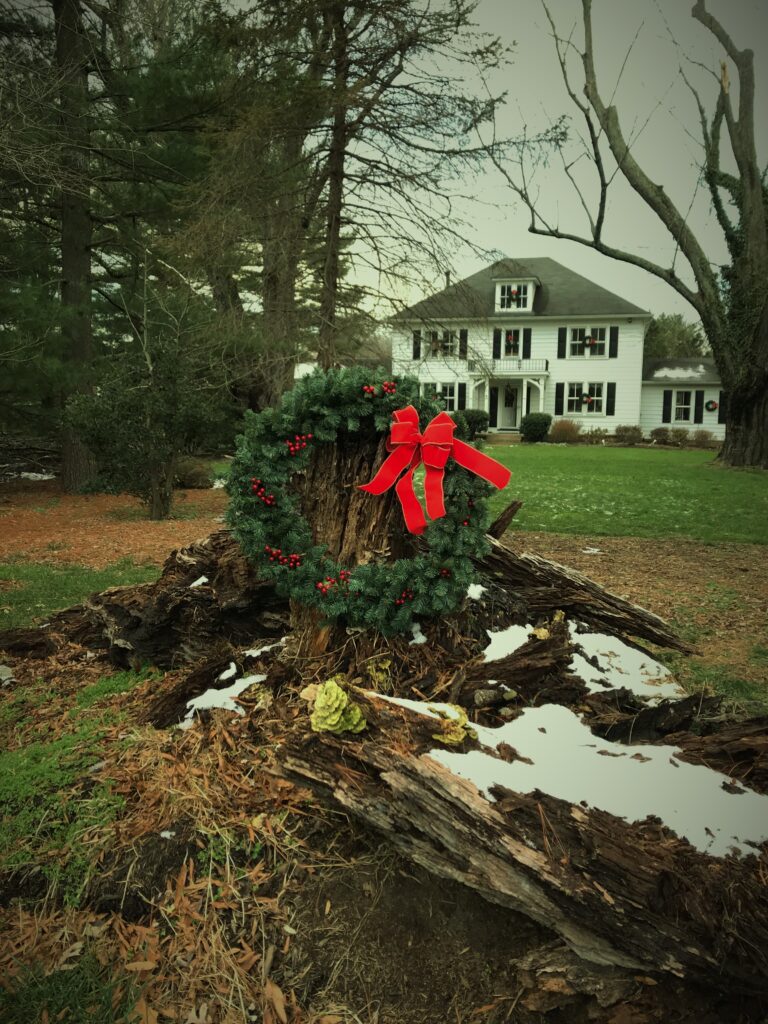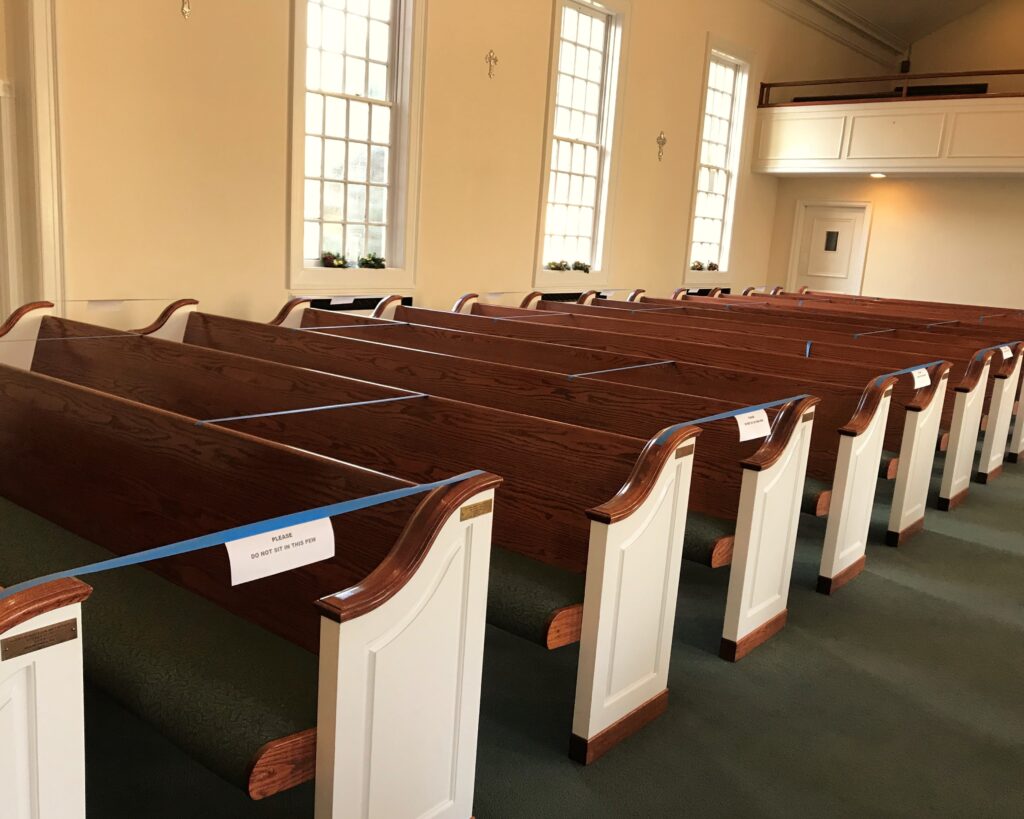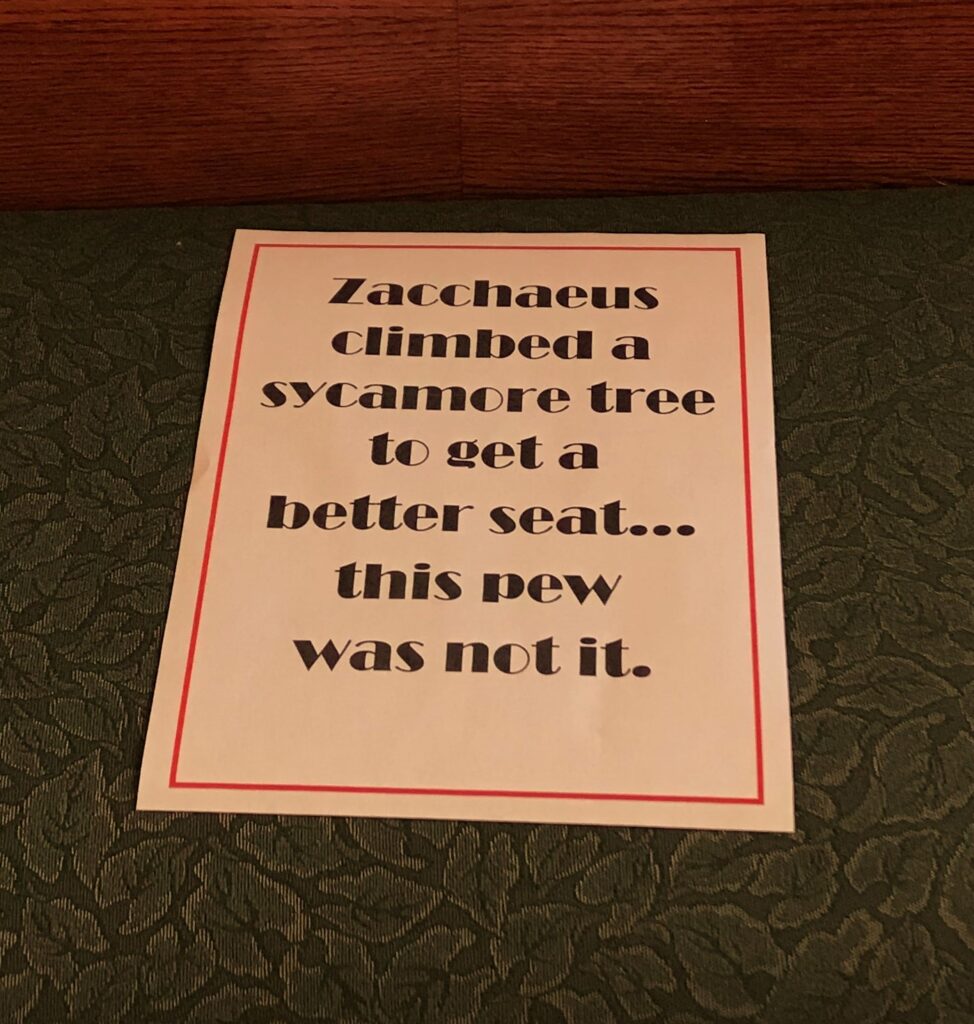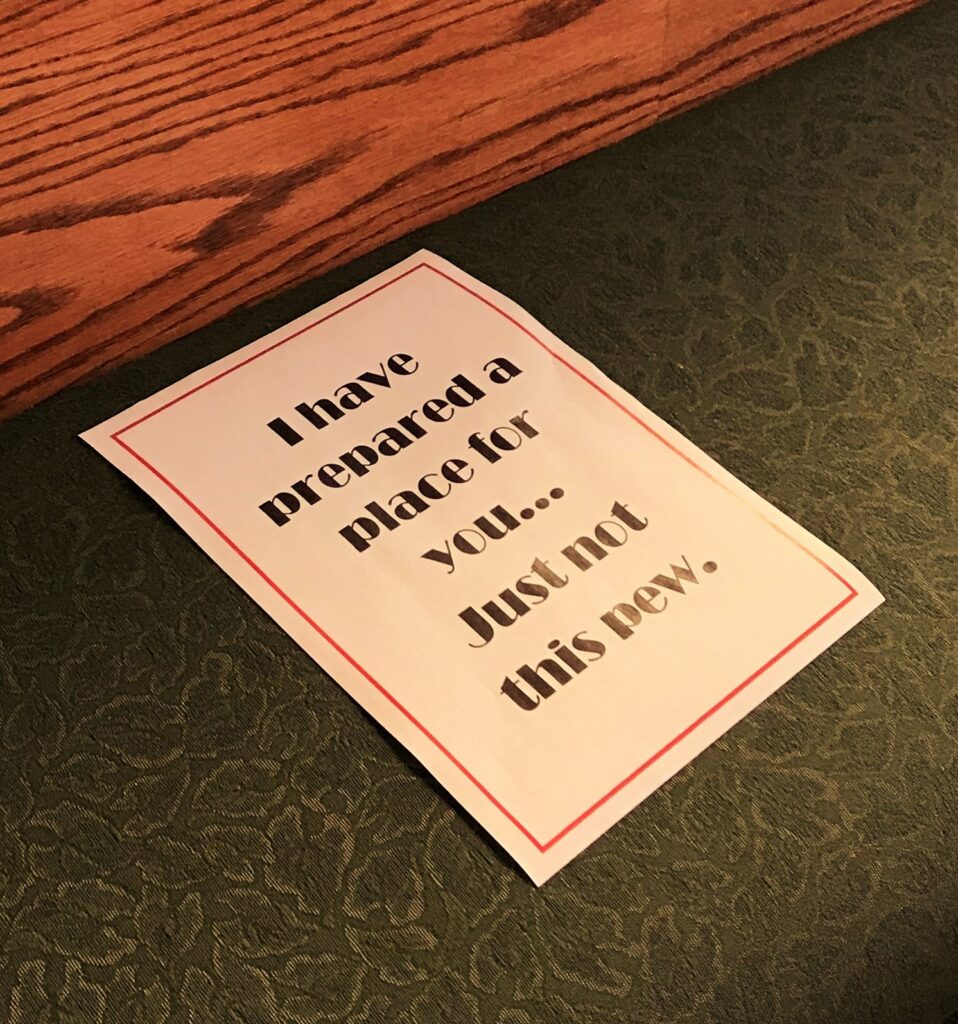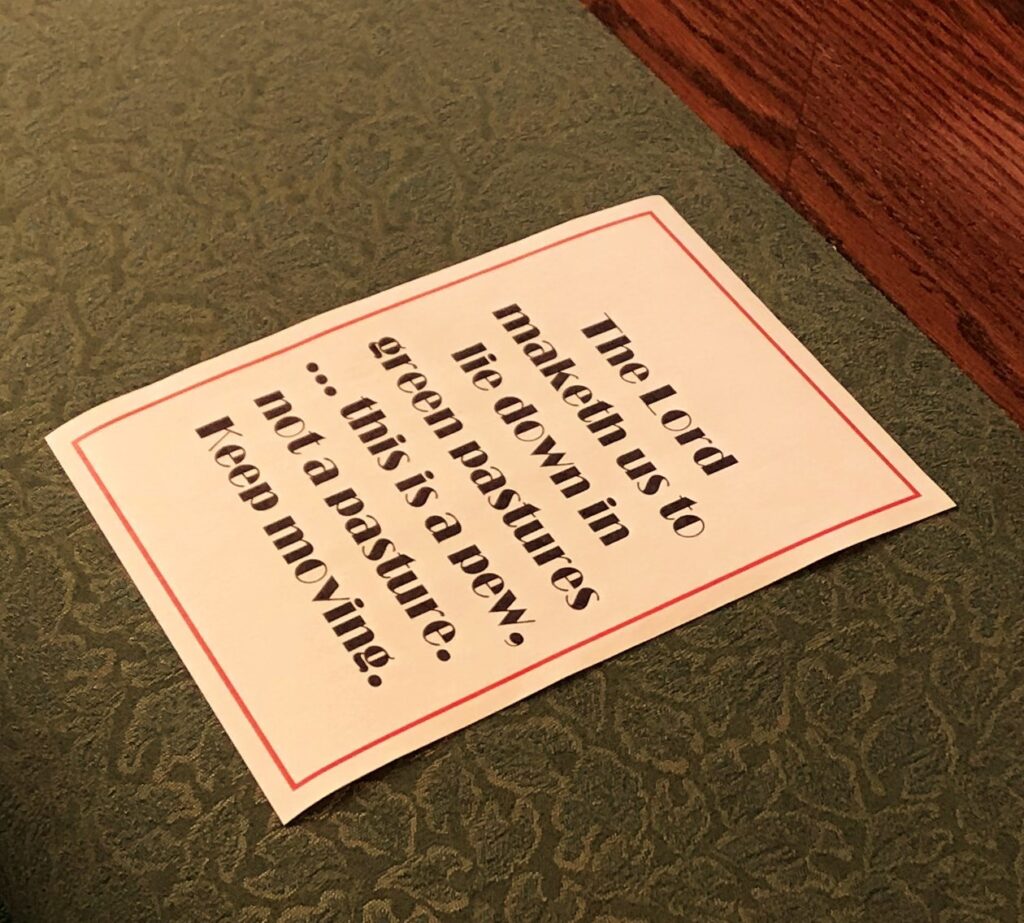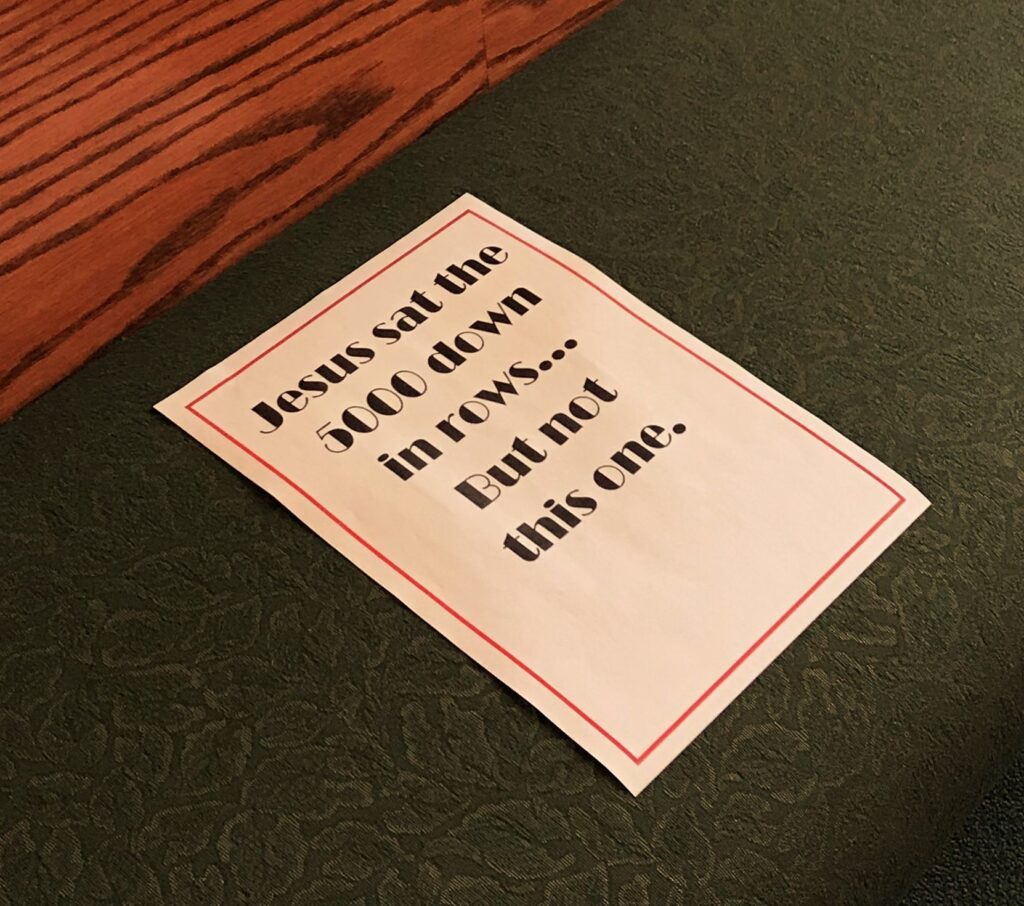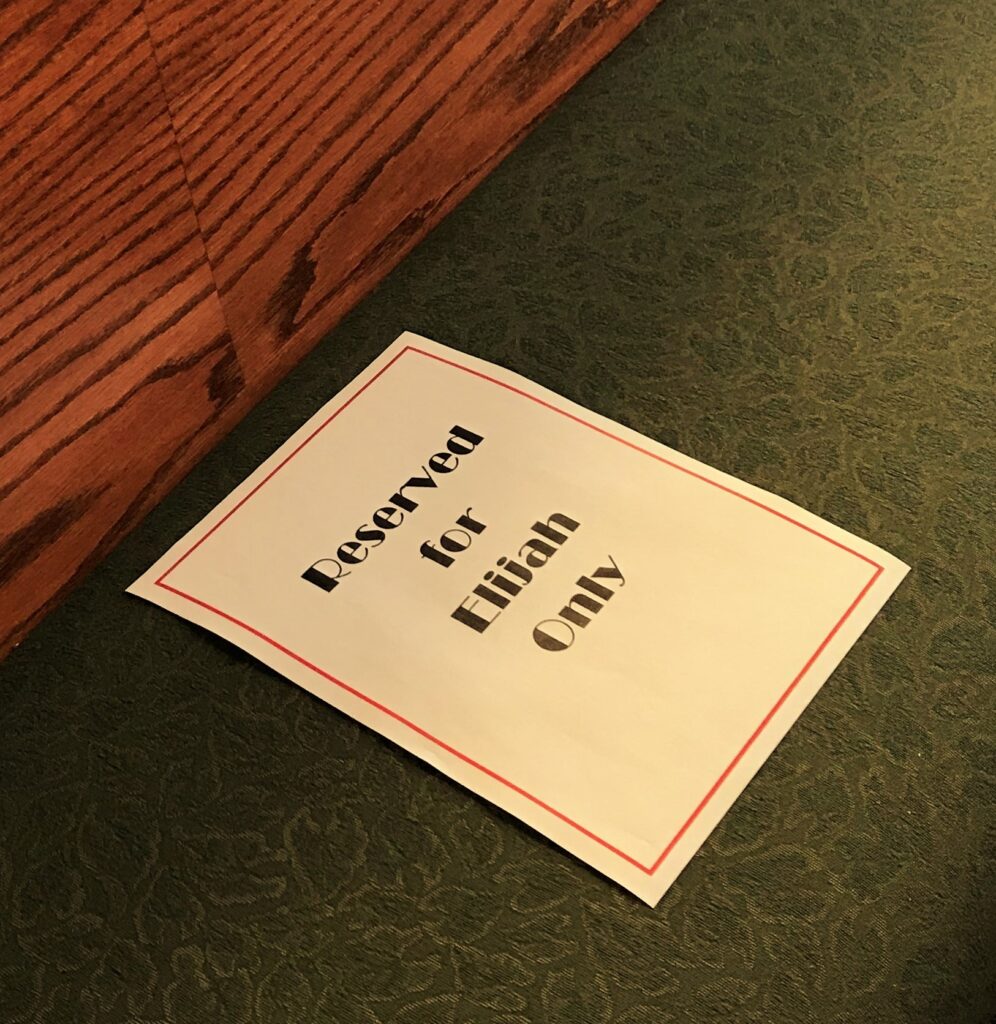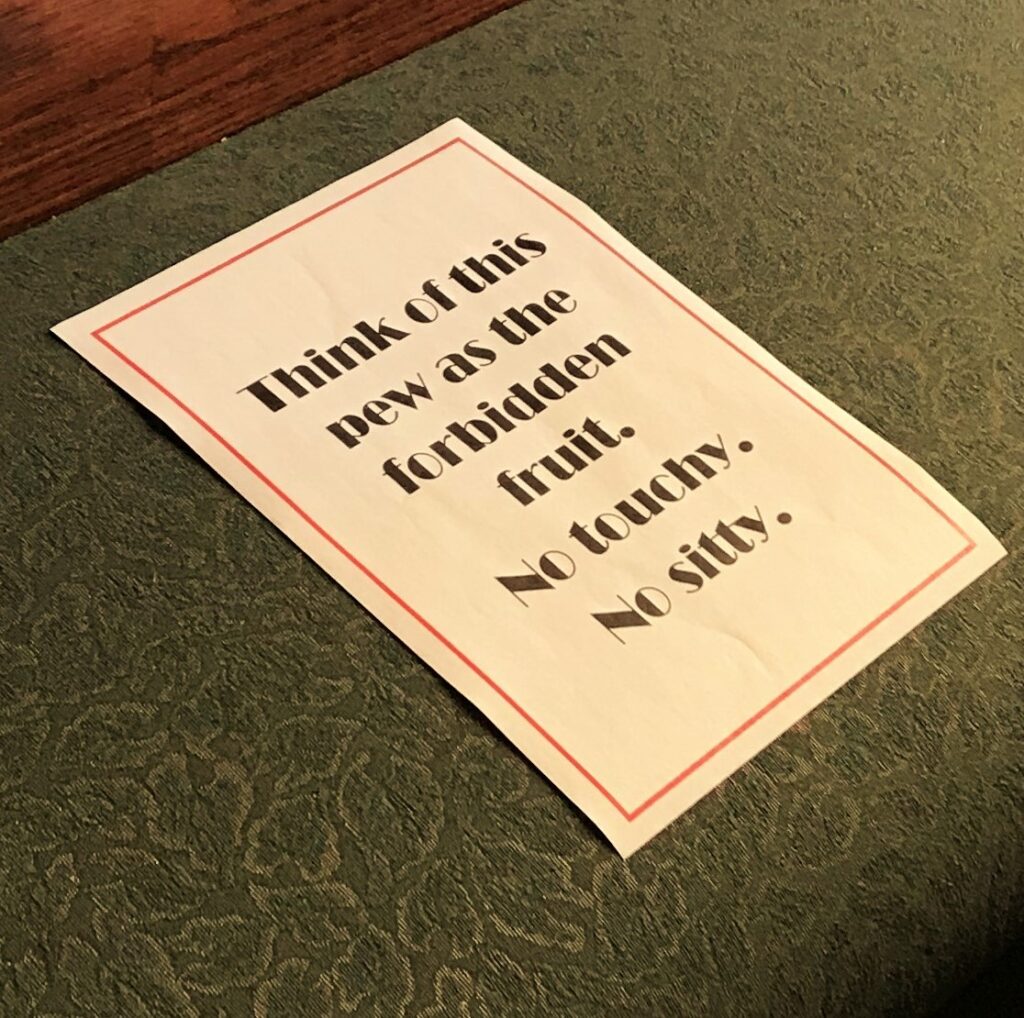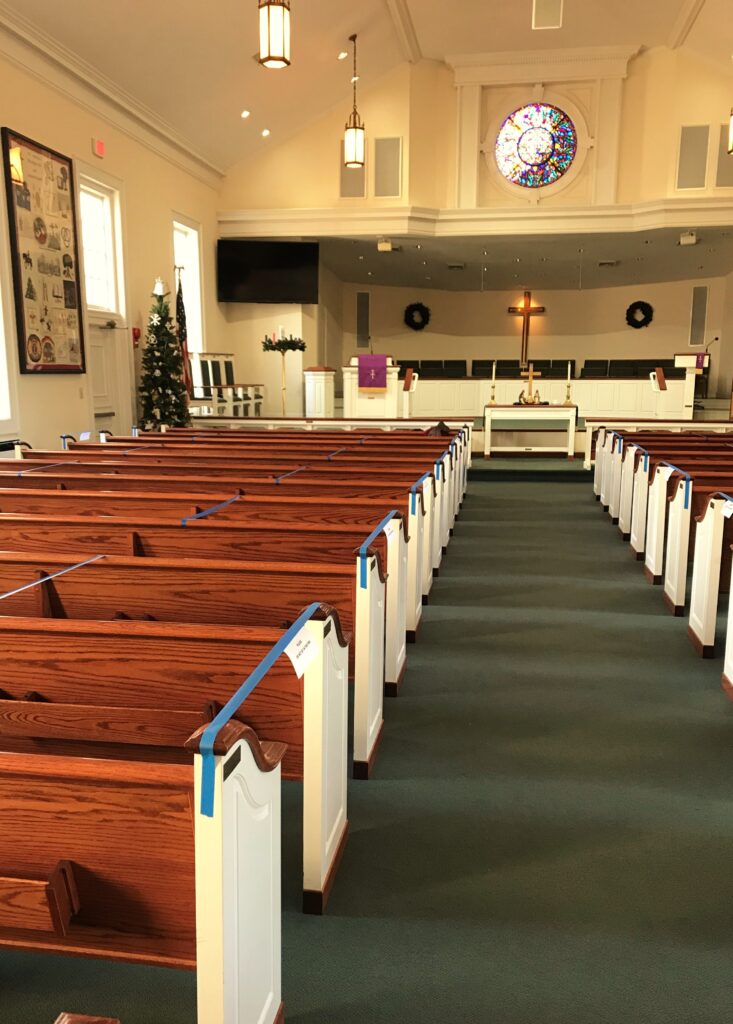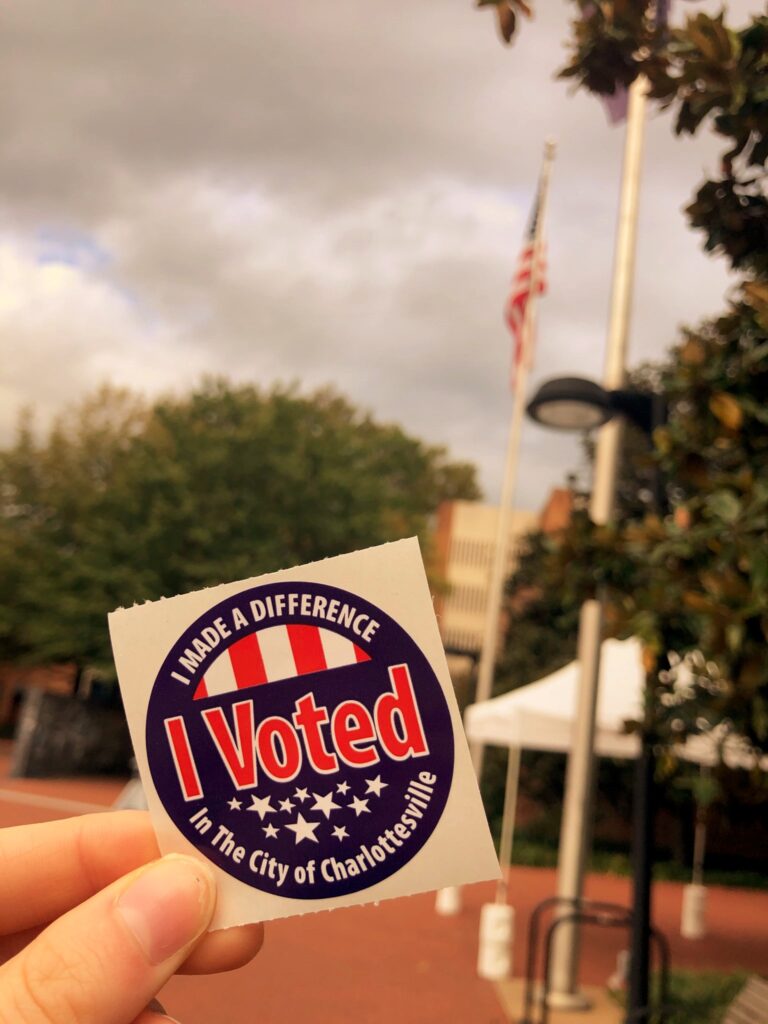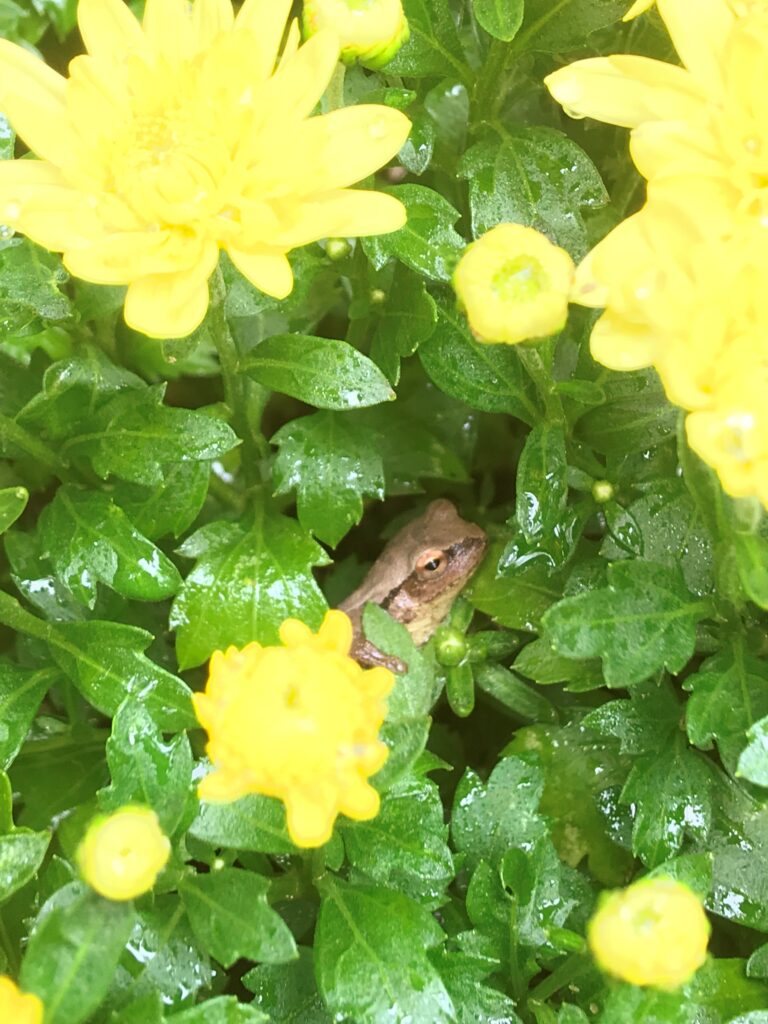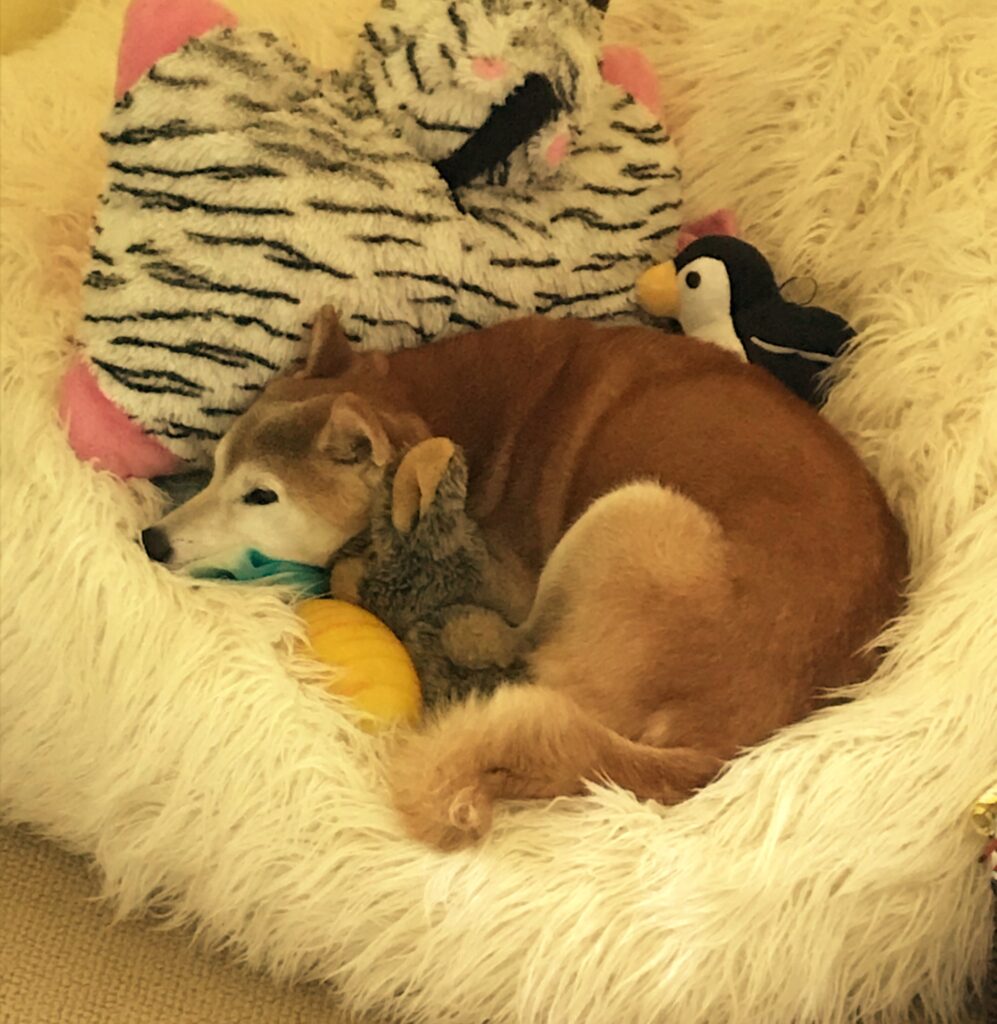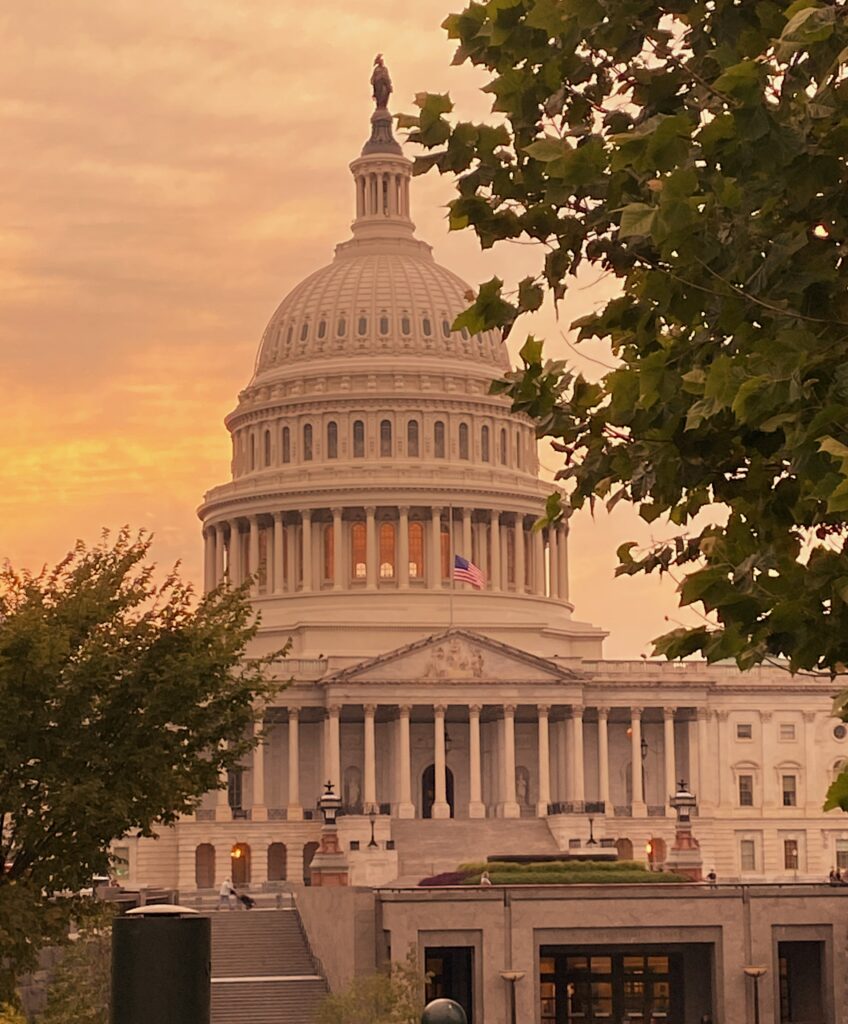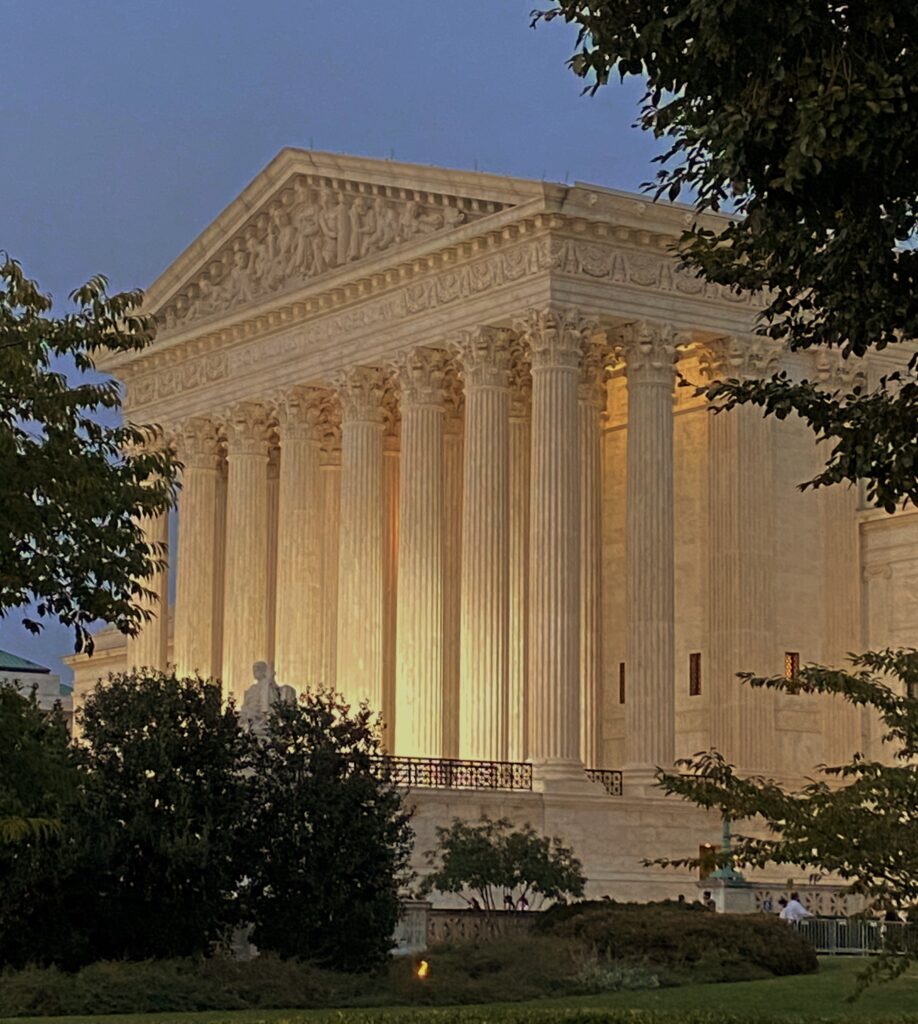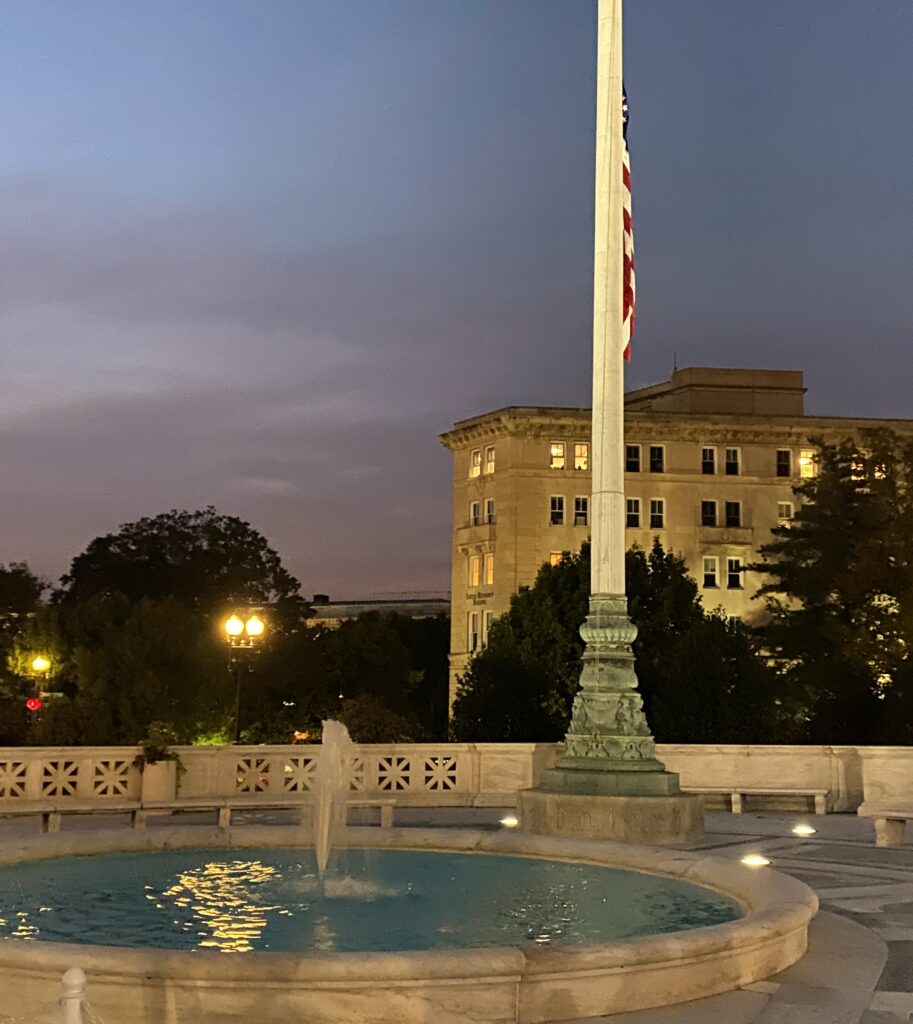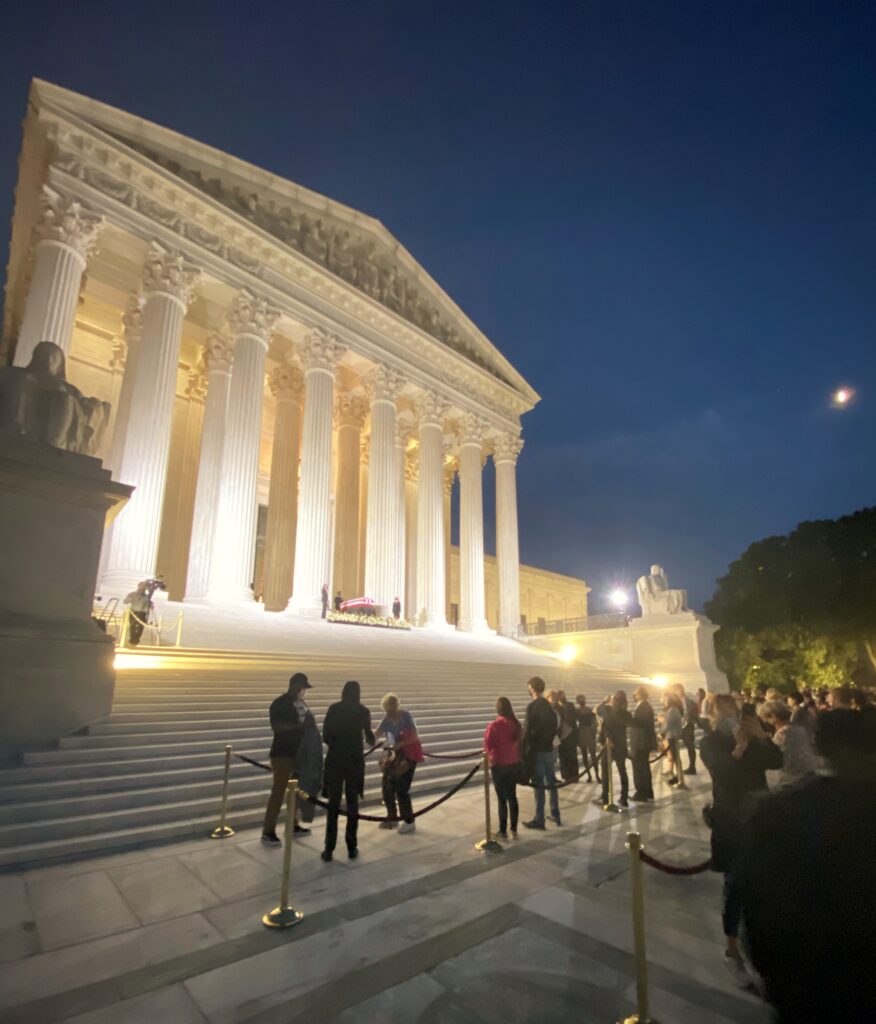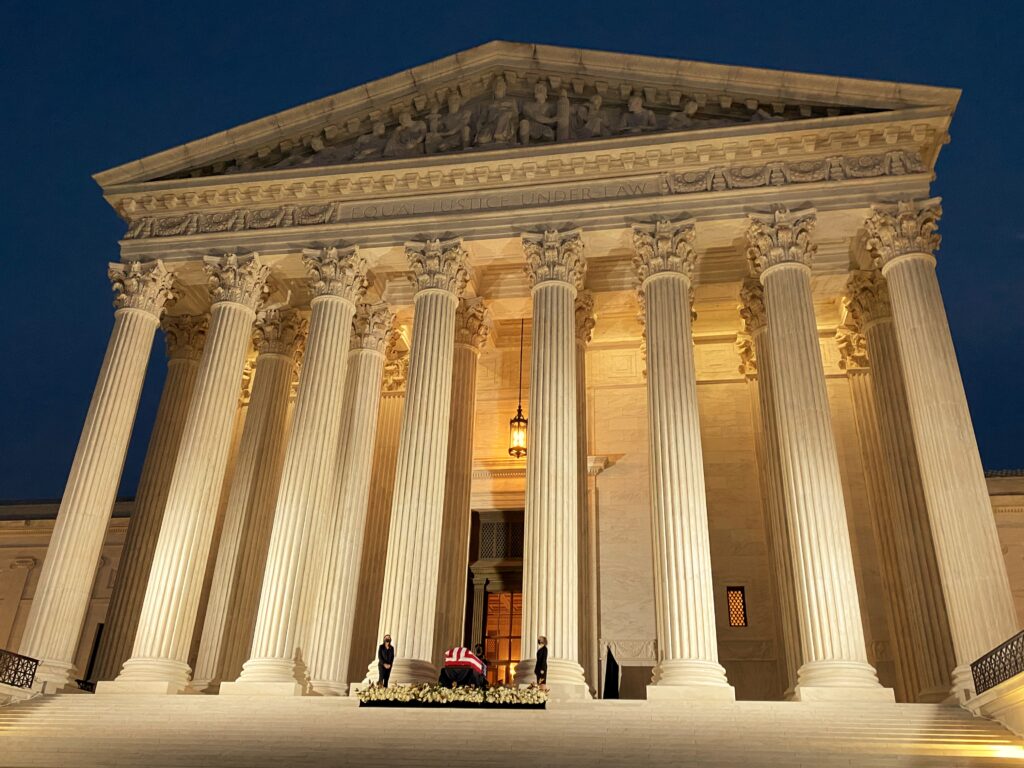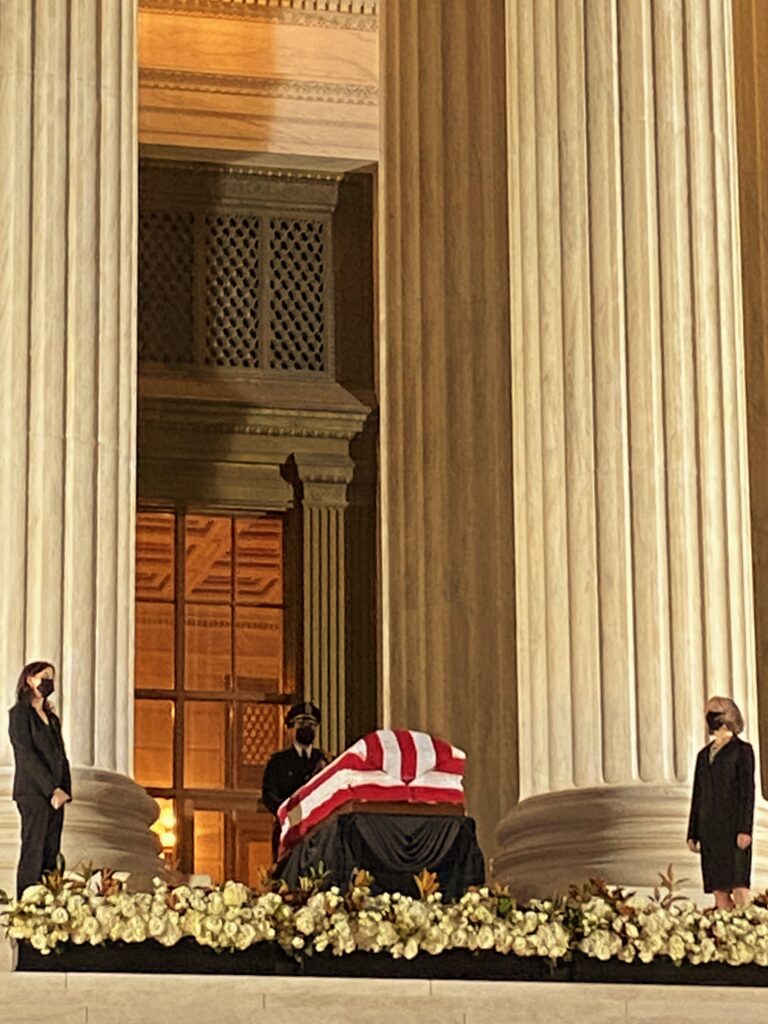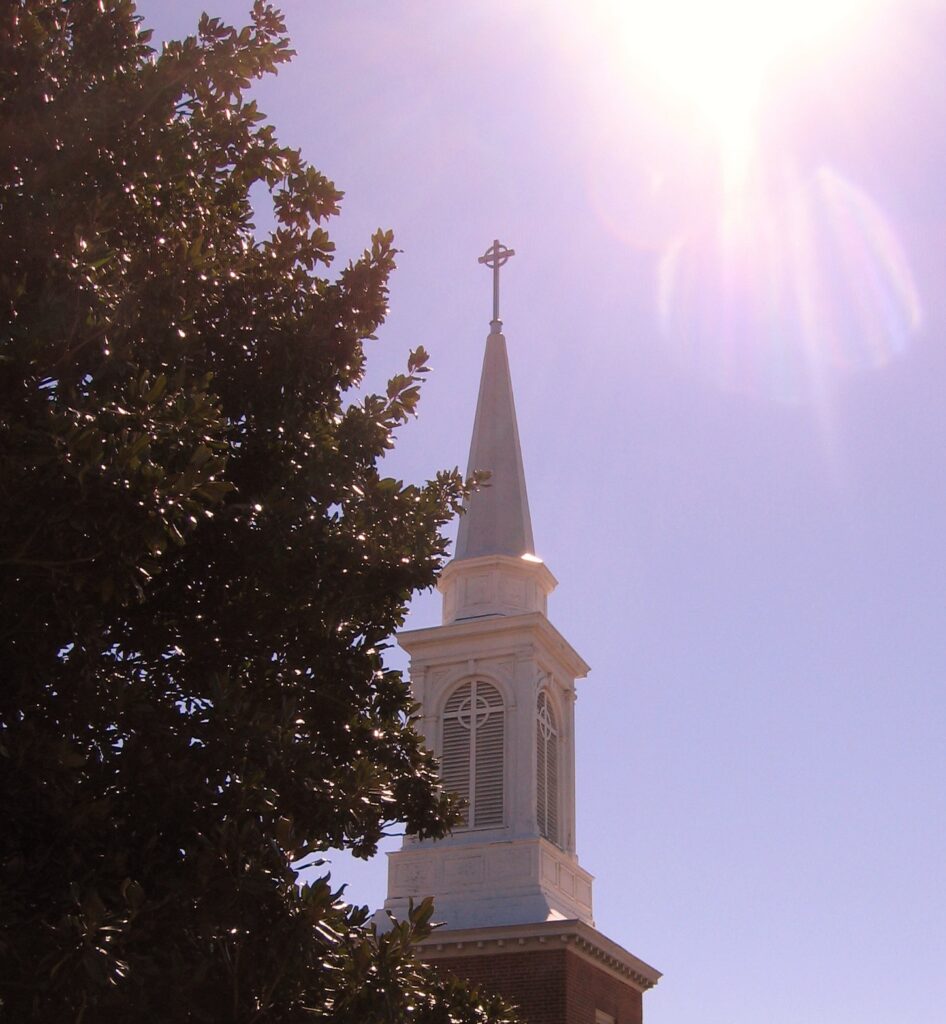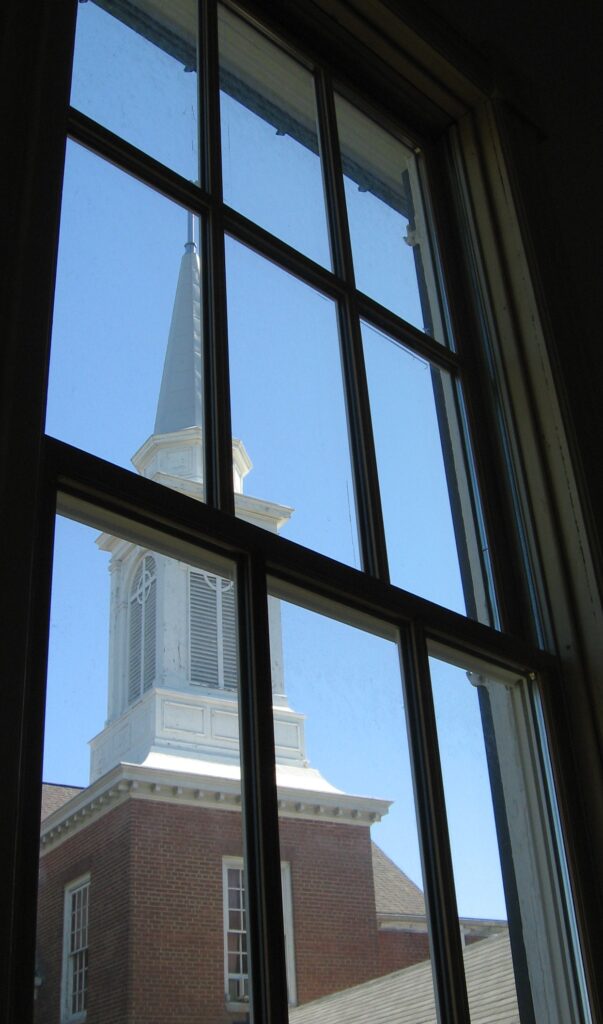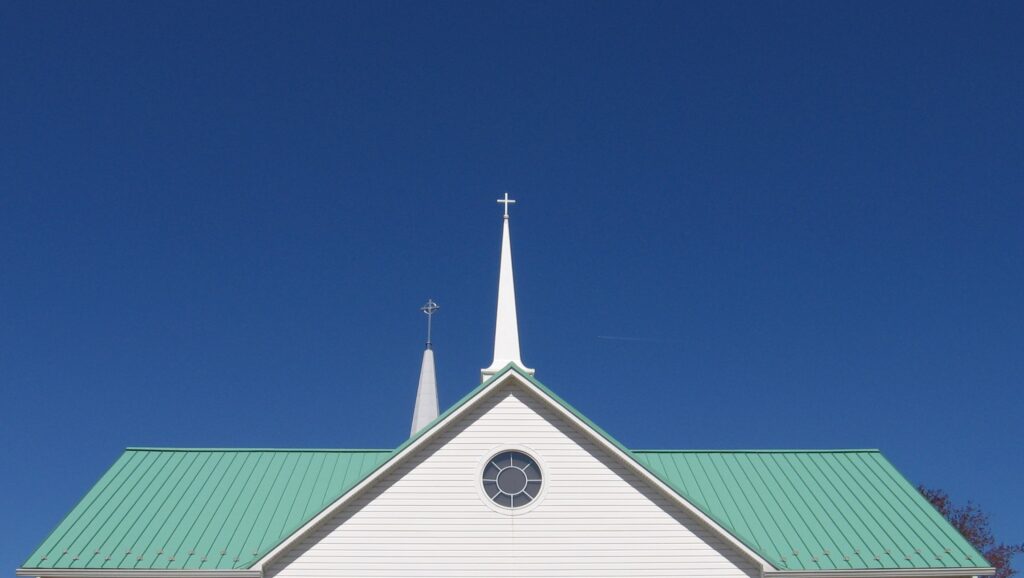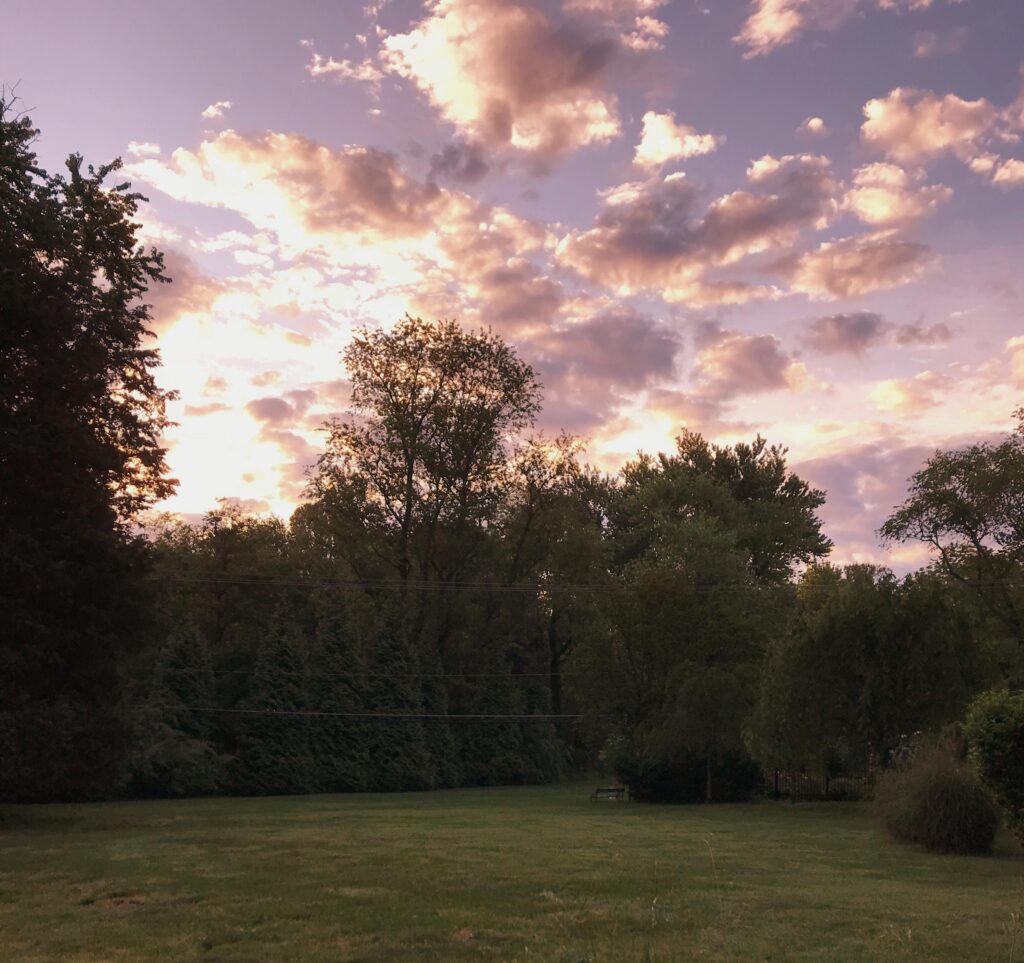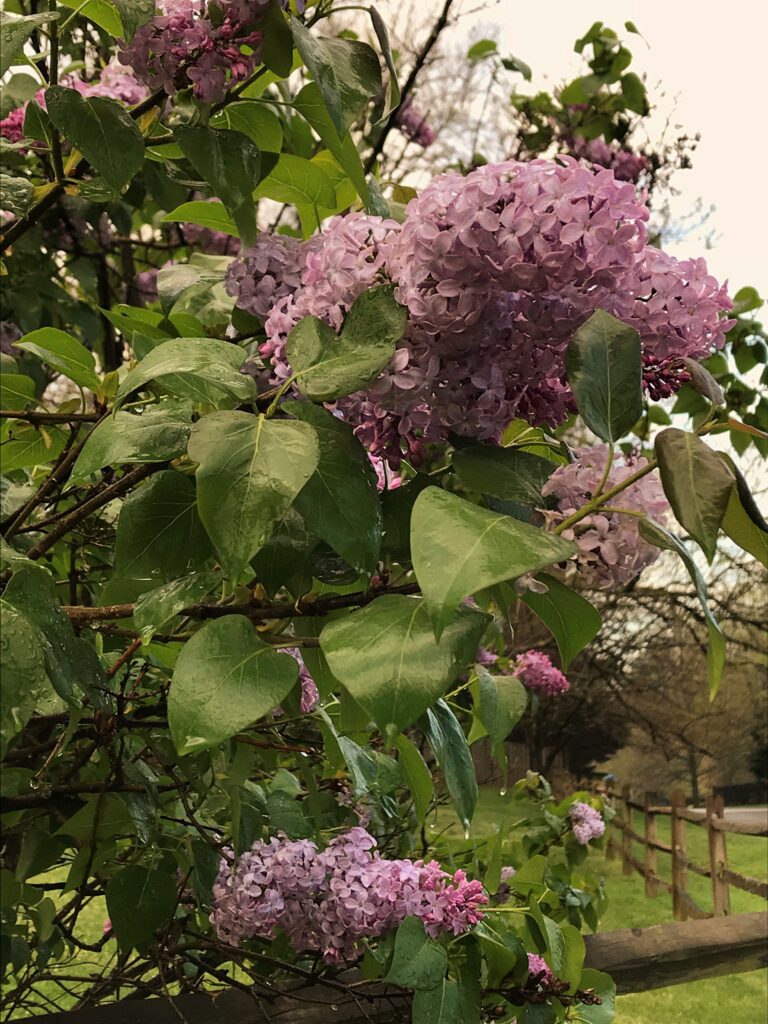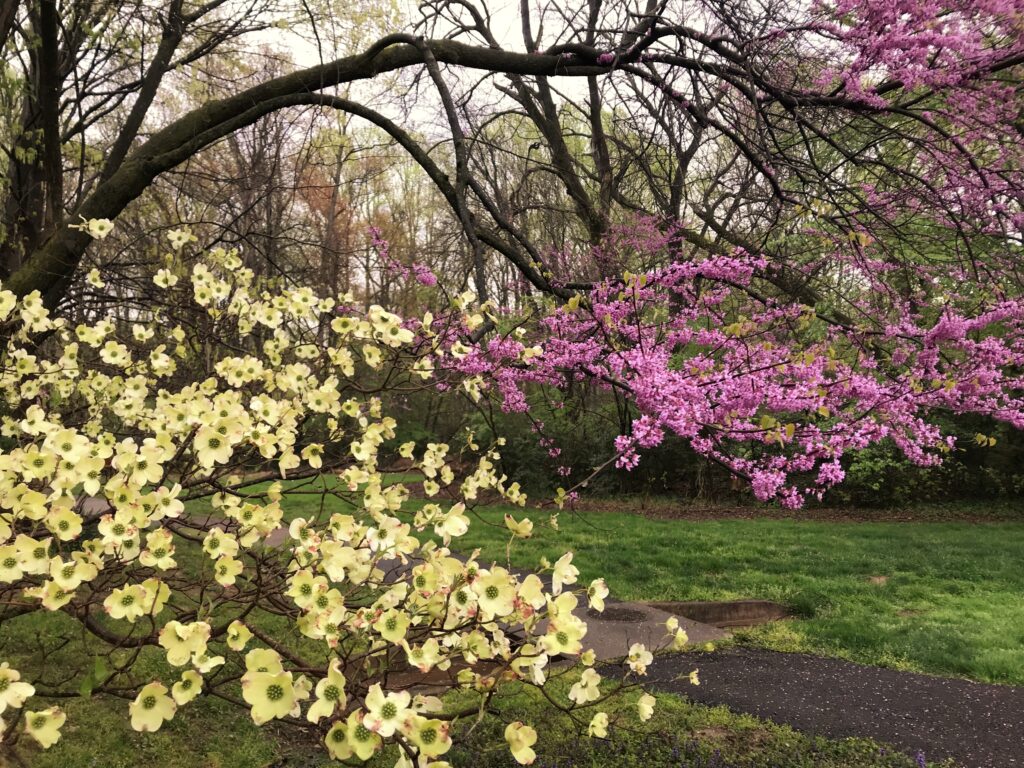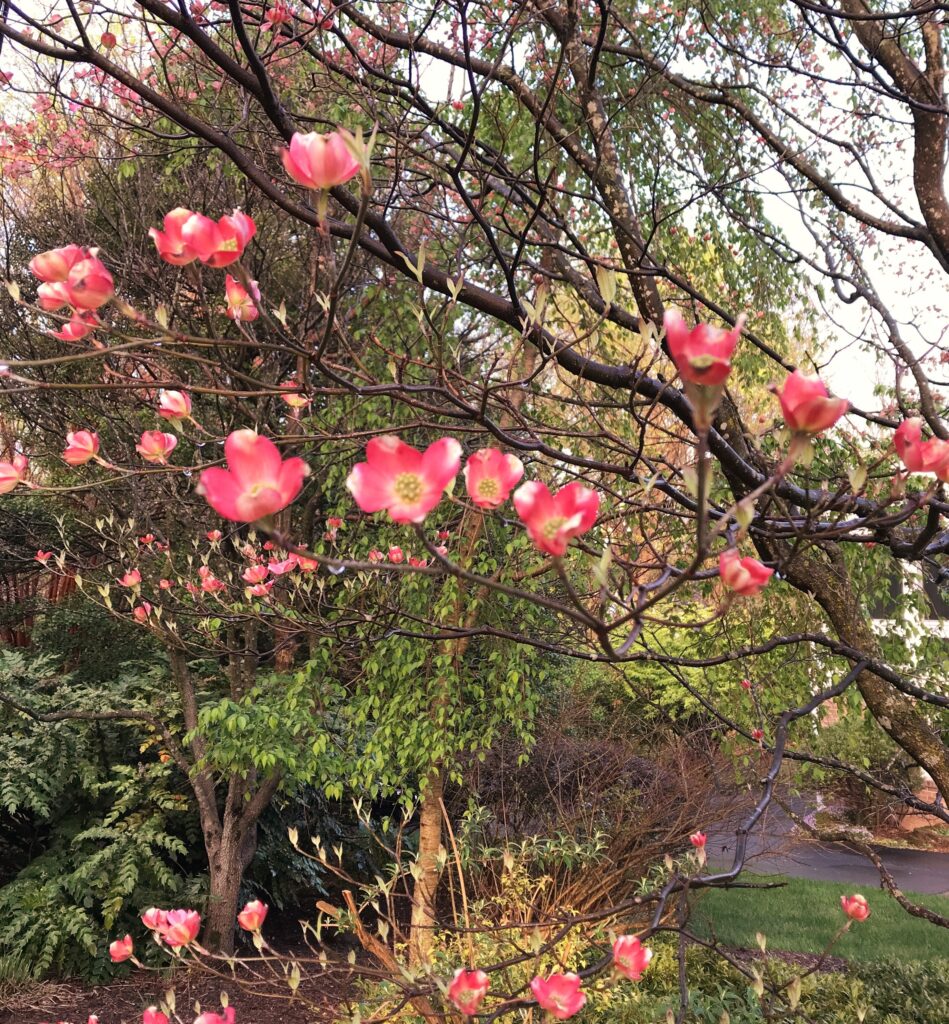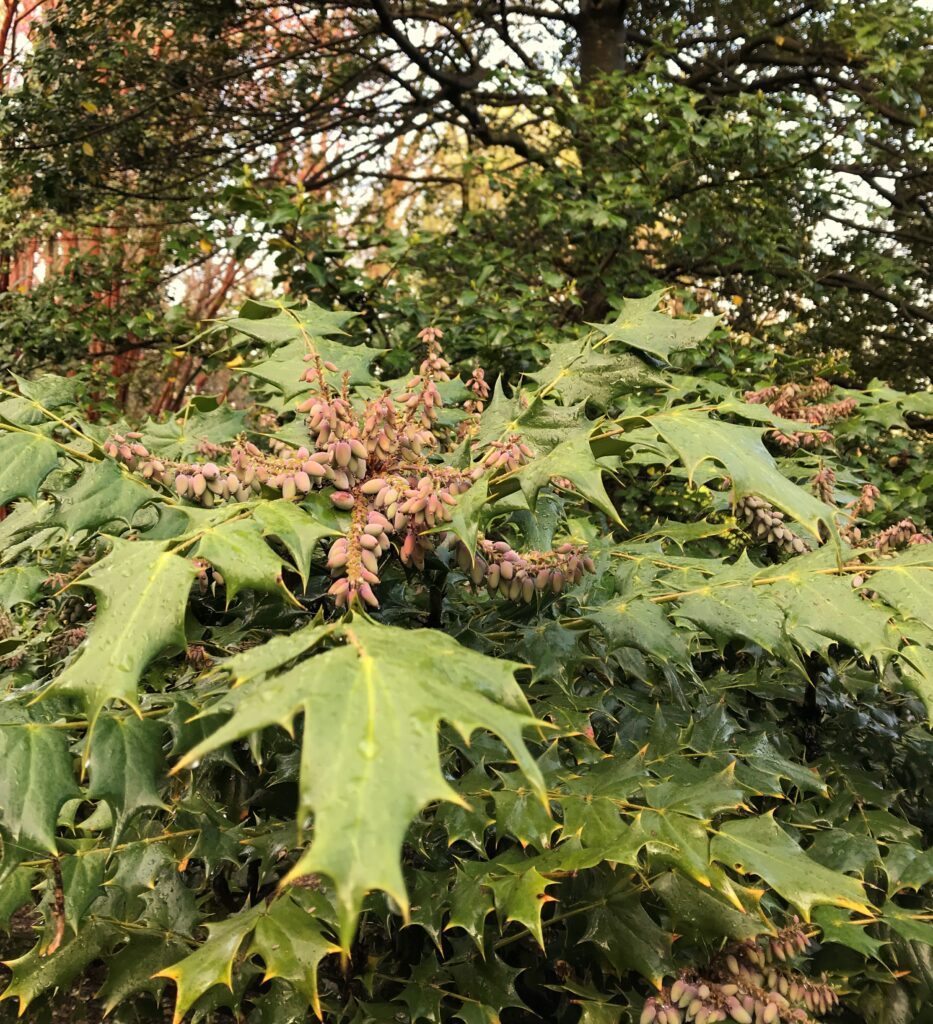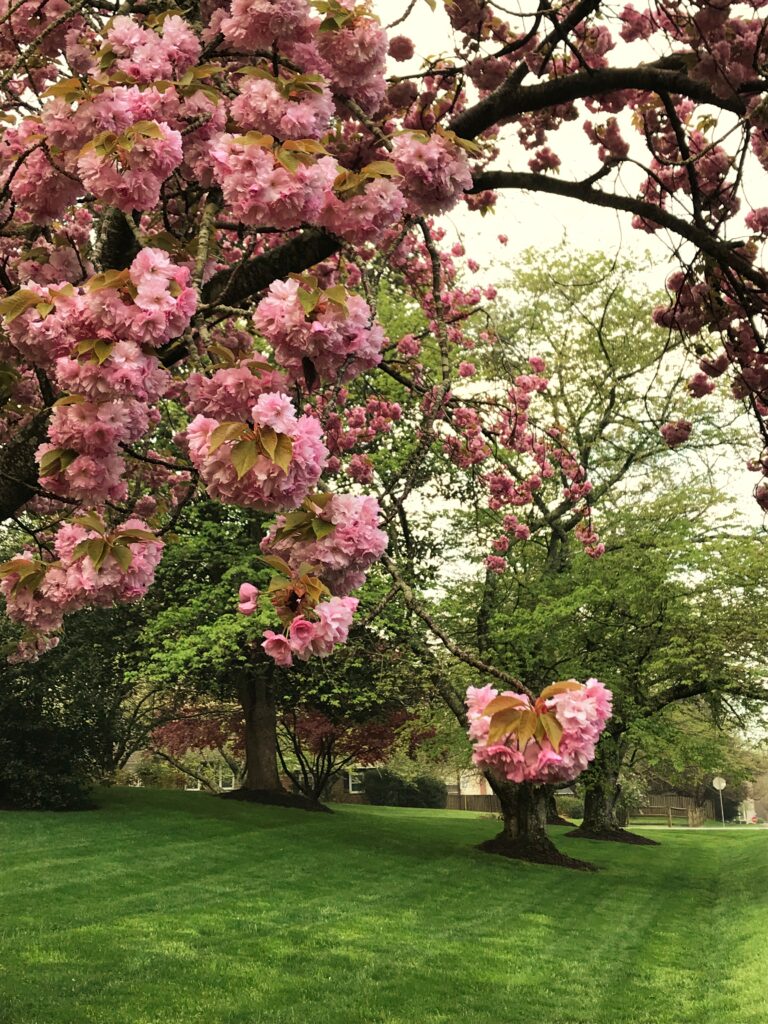It’s a bitterly cold Ash Wednesday here in Northern Virginia, as in much of the country. An icy breeze whips up from time to time. But the sun is shining, and at least perhaps until tomorrow, nothing frozen is falling from the sky. The weather seems appropriate. It’s conducive to imagining the joy and beauty of an ideal Easter morning while experiencing the big chill of Ash Wednesday. This is a day for a clear-eyed, head-on look at our mortality, a time to peer into the bleakness of what would have been, had it not been for God’s saving grace. It marks the start of Lent, the forty-day period leading up to Easter, during which prayer, repentance and self-denial are encouraged. Lent’s Biblical basis is Christ’s retreat to the wilderness to commune with the Father in preparation for his ministry.
If you venture out today, you’ll probably see messy smudges on some foreheads. Our church and others in our area are offering do-it-yourself ashes this year because of the pandemic. So, what’s the deal with the ashes? It’s because of these words from Genesis 3:19, declared by God to Adam and Eve, just before He ushered them out of Eden, the paradise garden He had intended as their eternal, blissful home.
You are dust, and to dust you shall return.
Tough words from the Creator and landlord. What did the privileged first couple do to make God so angry? Incensed enough that He sent the two, created in His own image, out into desolation, to eke out a living through toil and pain?
Many of you who didn’t grow up attending church and Sunday School, along with some of you who did, no doubt consider the saga of Adam and Eve just another myth for the simple-minded who are ready to believe anything. Whether you see it as God’s literal truth, an interesting folk tale, or something in between, it’s a powerful story worth contemplating. Here’s my take on the Fall and its particular significance on Ash Wednesday.
Adam and Eve lived in a glorious garden created by God, suffused with His divine light, life and love. They had full-time leisure, full-time luxury. God walked with them there in the garden. The trees dripped with delicious treats, theirs for the easy picking. All except for the apples on one tree. A tree with an impressive-sounding name: The Tree of the Knowledge of Good and Evil.
Life was wonderful. Life was beautiful.
Among the friendly and fantastic creatures of the garden, there was a serpent. He was wise and wily, and he knew about that whole free-will thing. Indeed, he owed his very existence to what he saw as the weak link in God’s great plan. The serpent looked with contempt upon the innocent contentment of the two humans. He realized the fragility of the thread that kept them in their lovely home. It wasn’t long before this scaly Con Guy Supreme made his move. Appealing to Eve’s pride, he offered an opportunity for further greatness. Knowledge equal to God’s was at her fingertips, but God selfishly chose to keep this power to Himself. She deserved better, didn’t she? So Eve ate from the tree. Adam, who apparently needed no convincing, munched long complacently.
God found out. He wasn’t happy. Paradise was lost, for the taste of a forbidden fruit. We may think we would have known better. But probably not. Like Eve, we might have been tripped up by pride. Or maybe, like Adam, we might have given very little thought to the matter. If Eve says it’s fine, it must be. In simply thinking we would have known better, it’s evident that we would not have. With free will comes the ability to make the wrong choice, a choice we tend to exercise repeatedly. Like Adam and Eve, if left to our own devices, our fate would be to wander in the dust.
But we are not abandoned, without hope, in a barren land. Paradise is still within our grasp, as these words from Mark 1:15 tell us:
Repent and believe the good news!
On Ash Wednesday, we confront the grim reality of our tendency toward pride, selfishness and petty meanness. On our own, none of us will ever be good enough to work our way back to Eden. But we don’t have to be. The Christ that was already present within creation since God spoke the universe into existence, the very Word of God described in John 1: 1 – 5, came to earth in human form. Jesus, fully divine yet fully human, took our sins upon Himself. As the spotless Lamb of God, the perfect sacrifice, He wiped our messy slates clean.
To accept Christ’s free gift of salvation, we merely need to acknowledge our wrongheadedness and to ask forgiveness. God’s forgiveness is granted for our willingness to repent; it’s not contingent on our going forward without a misstep. We are human; we will stumble and lose our way at times. We cannot be perfect in this lifetime, but we can desire to achieve perfection.
The Ash Wednesday ashes are marked on the forehead in the shape of a cross, the instrument of death that became the tree of life. Christ’s good news saves us from a future of ashy, dusty nothingness, replacing it with the promise of unimaginable joy in a paradise everlasting. We can’t even comprehend unending joy; our flawed human nature prevents us. But we will understand it fully, and magnificently, one day, I am convinced.
On this frigid Ash Wednesday, the sun’s rays fall on the tips of new green daffodil shoots in our yard, just barely visible in the photo above . We are reminded of the new life that comes of death, of the new birth offered to us without price. On this Ash Wednesday, look into the darkness of the ashes. Then give thanks for the love that pulls us back into the light.
After nearly a year of Covid hardships and precautions, many of us may be feeling as battered and unkempt as this snowman looks. The promise of Ash Wednesday assures us that our future is much brighter.
Most of the text of this post was previously published in Wild Trumpet Vine on March 6, 2019. The weather is much the same as it was then, and the photos are current.

